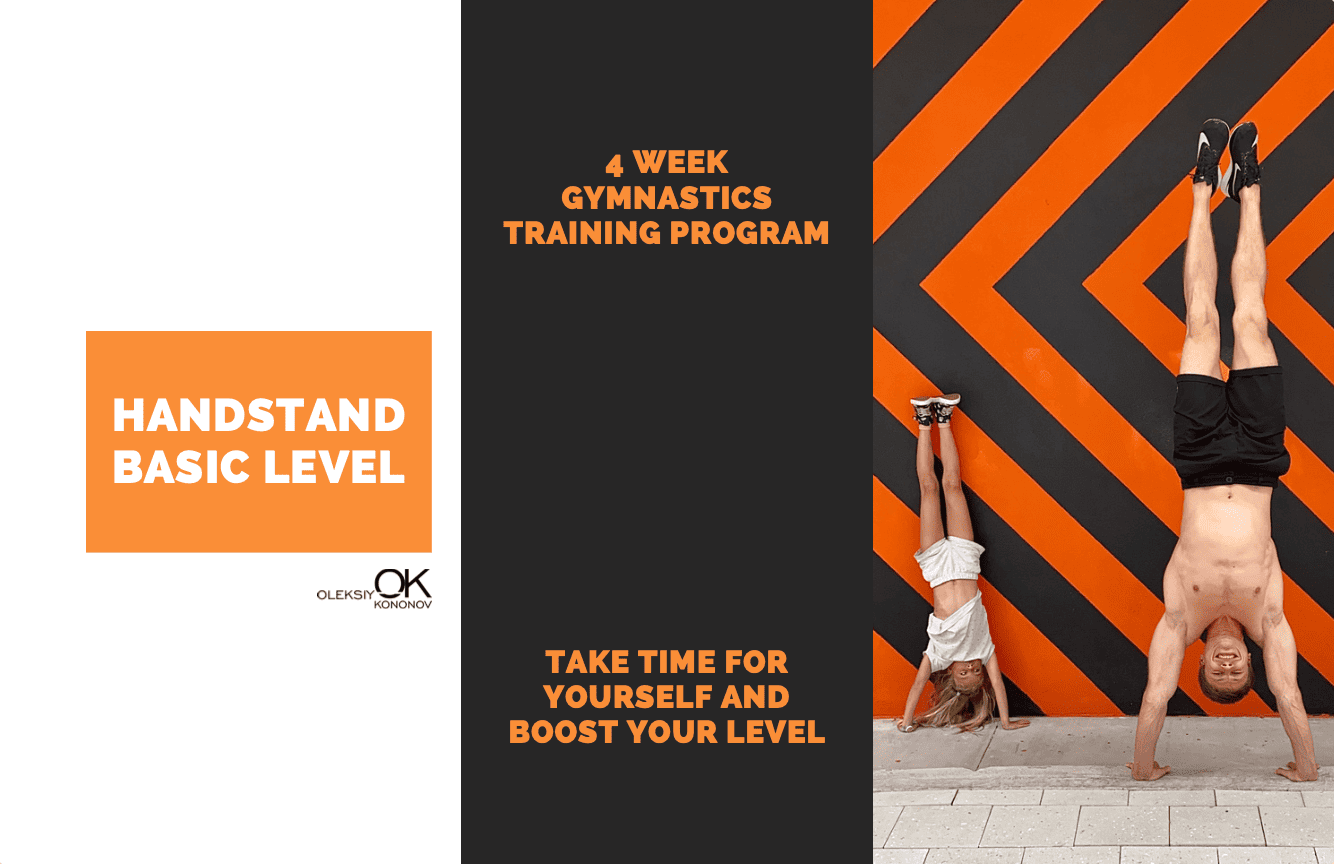Unlock Better Sleep: Simple Steps for Peak Performance
Sep 13, 2024
Why is good sleep important to me?
What I've realized: to become stronger (in all senses), you need to train well and recover well. One doesn't work without the other. For me, sleep is a fundamental source of recovery. It has an enormous impact on quality of life, is always available, and is pleasant. In short, you get it — I love to sleep. And today, in this short five-minute article, I want to share my experience that will help you get a good night's sleep.
Studies show that:
- People who sleep 7-8 hours a day demonstrate 20-30% better results in information retention compared to those who sleep less than 6 hours.
- People who sleep less than 6 hours are 4 times more likely to catch a cold or infectious diseases.
- Those who sleep less than 6 hours a day are 48% more at risk of having a heart attack.
- Chronic sleep deprivation increases the risk of developing diabetes by 30%, obesity by 55%, and hypertension by 36%.
- After one night of insufficient sleep (less than 5 hours), the ability to process information, think, create, remember, and make decisions decreases by 40%.
- People who sleep less than 6 hours a day are twice as likely to develop depression and anxiety.
Enough motivation to improve your sleep?
Why is good sleep important to me?
What I’ve learned: to become stronger (in every way), you need to train well and recover well. One without the other doesn’t work. Sleep is my main way to recover. It has a big impact on the quality of life, it’s always available, and it feels great. Basically, I love to sleep. In this short article, I want to share my experience with you to help you sleep better.
Research shows:
- People who sleep 7-8 hours a night remember things 20–30% better than those who sleep less than 6 hours.
- If you sleep less than 6 hours, you are 4 times more likely to catch a cold or get sick.
- Those who sleep less than 6 hours are 48% more likely to have a heart attack.
- Chronic lack of sleep raises the risk of diabetes by 30%, obesity by 55%, and high blood pressure by 36%.
- After just one night of poor sleep (less than 5 hours), your ability to think, process information, be creative, and make decisions drops by 40%.
- People who sleep less than 6 hours are twice as likely to feel depressed or anxious.
Is that enough motivation to fix your sleep?
People often take vitamins and supplements to feel healthier, but they ignore sleep. They watch Netflix and YouTube until 2:00 AM, wake up at 6:00 AM, have coffee, take a vitamin, and go to work. It’s like trying to trick the system that has been evolving for thousands of years.
Once, a professor who specializes in sleep visited us at Cirque du Soleil. She helps top NBA and NHL athletes with their sleep.
Here’s what she told us:
- Basics: good sleep = better recovery = better performance.
- Athletes need 7–9 hours of sleep for recovery.
- If an athlete trains more than 4 hours a day, this number goes up to 10–12 hours.
- A short nap after training helps lock in skills and speeds up learning the right movements.
My first reaction to the lecture: "10–12 hours??? Are you kidding me?"
But then I remembered the routine we had at the National Time Camp and realized we slept about that much: 🕓 Morning workout + breakfast — after that, a 30-minute nap 🕒 First training + lunch — followed by at least 1-hour nap 🕦 Evening training + dinner — followed by 9 hours of night sleep
Now, 10 hours of sleep feels like an impossible luxury. So today, my standards look like this:
🔴 6 hours — not enough
🟠 7 hours — good
🟢 8 hours — great
How do I make it happen?
Go to bed at the same time every night. No heavy food or alcohol before bed 😉
My ideal schedule:
🛌 10:30 PM — in bed (you don’t have to sleep yet, but be in bed)
🌘 11:00 PM — lights off, eyes closed, sleep time begins (I'm not a robot who can instantly power down, but I can certainly turn off the light and close my eyes)
☀️ 6:00 AM — wake up (no compromises here!)
I realized that thinking, planning, and making decisions is hard. So to make things easier for my brain, I created a system and stick to the same routine on weekdays and weekends.
Do I always manage to go to bed and wake up perfectly? No.
A child with his own plans at night, a date, a concert, or an important football match can mess up my ideal schedule. But first, sticking to 80% of the plan gives me good results. Secobd, to hell with perfectionism — results are what matter.
My tips for better sleep:
Don’t try to adopt the schedule of productivity legends right away. I believe that routines, diet, and workouts are a lifestyle. This lifestyle often takes years to build. Changing it overnight is hard. So, I prefer a system of small steps when it comes to improving lifestyle. Slow and steady wins the race.
In today’s world of smartphones and TV shows, it’s much harder to go to bed early than to wake up early. So, I came up with a game with different levels:
Level 1. Sleep Rookie
If you aren’t sleeping enough, start by going to bed 15 minutes earlier (don’t change your wake-up time). Do this for 7 days. After a week, add another 15 minutes. After another week, add 15 more. In a month, you’ll be getting 1 extra hour of sleep, which is a big deal. Keep doing this until you reach at least 7 hours of sleep. When you do, move to the next level.
Level 2. Snooze Pro
Keep going to bed 15 minutes earlier, but also wake up 15 minutes earlier. Do this until you reach the schedule you want, for example, bed at 11:00 PM, wake-up at 6:00 AM.
When you reach this goal, move on to the Bonus Master Level.
Level 3. Nap Ninja
Add a 15-minute nap during the day. A nap can turn one long, tiring day into two short, energized parts.
Here are some basic tips you probably already know:
Alarm clock — your free, reliable assistant. Set a bedtime first and wake-up time after, trust it, follow it, don’t think too much.
Evening routine:
Screens (like phones and computers) are like a mix of coffee and Red Bull — they wake you up fast. Have you ever woken up in the middle of the night, looked at your phone, and suddenly it’s morning? To avoid that:
- Turn off your computer, smartphone, and TV an hour before bed.
- Open the windows to let in fresh air.
- Grab your favorite book and enjoy reading under a blanket.
For those with small kids (like me), here's a special offer: bedtime story + lullaby. I mix motivational content into the stories and lullabies. It helps me improve my beliefs and helps my son build the right ones. I'll share more about that next time.
One more thing that helps me sleep — I love early mornings. When the whole city is still sleeping, it’s quiet, and there are no distractions, I can focus really well. Plus, the sunrise is always beautiful. Now, I see every morning as a gift. So I only choose nighttime events that are worth it, where the fun will be better than the beauty of the morning.
Thanks for reading. Use these tips.
Sleep well. Recover well. Perform well.
and To hell with perfectionism.




